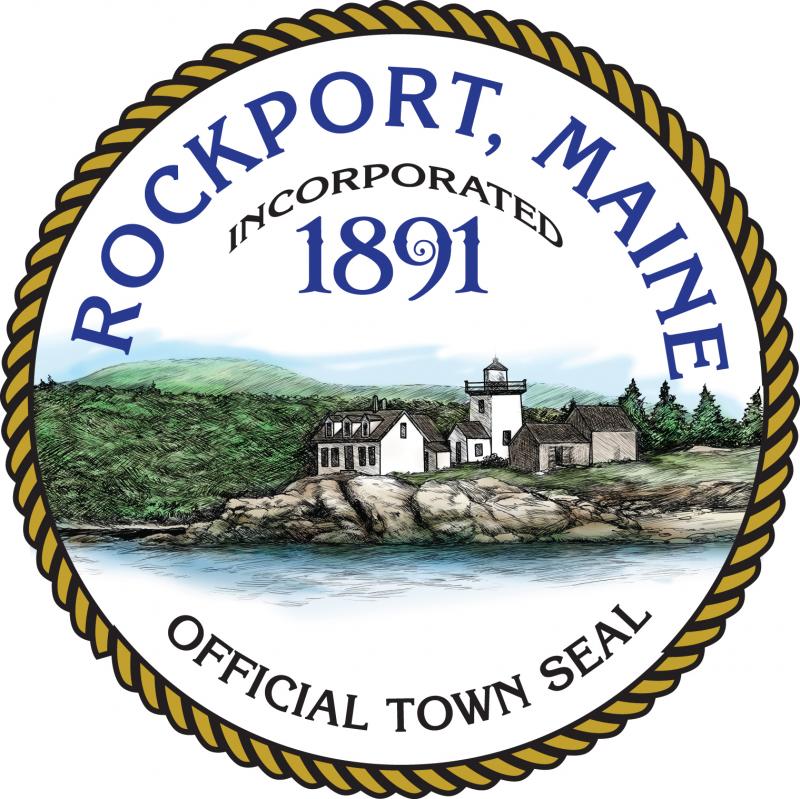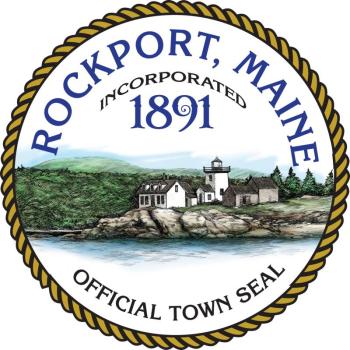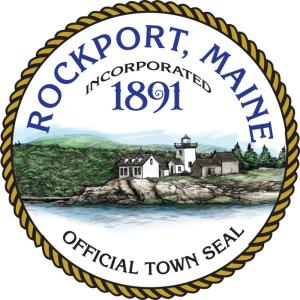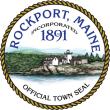UPDATE, MEETING VIA ZOOM: Rockport’s proposed short-term rental ordinance ready for review, discussion
ROCKPORT — This evening’s Select Board meeting, which was to be held at the Rockport Opera House in person, has now been relegated to Zoom, online only. To participate in the short-term rental ordinance discussion, send an email to dhamilton@rockportmaine.gov and she will send you the link to the meeting.
Otherwise you can email the Town Manager during the meeting at wpost@rockportmaine.gov with any questions, or directly on the town’s livestream link
at https://livestream.com/rockportmaine/events/9372004
ROCKPORT — On Nov. 9, the initial draft of an ordinance seeking to regulate the operation of short-term rentals in Rockport will be presented to the Select Board and the public for the first time. Members of the public are invited to attend the meeting in person, which will be held at Monday at 5:30 p.m. at the Rockport Opera House, upstairs in the auditorium, where the audience capacity is 40 people.
It will also be streamed live (https://livestream.com/Rockportmaine)
The ordinance was written by Ordinance Review Committee member Bob Hall and Select Board members Debra Hall and Denise Kennedy-Munger.
In the packet accompanying the draft, which is available on the town website, Town Manager Bill Post said that the three are each attorneys “with expertise in drafting regulations and laws.”
If enacted by voters, the ordinance would limit the number of short-term rentals allowable in particular zoning districts throughout Rockport, require each homeowner wishing to rent out their property to register with the town Code Enforcement Officer and be willing to have their property inspected by the Code Enforcement Officer and the Fire Chief.
A short-term rental (STR) as defined by the ordinance is a premises which is rented for a period of less than 30 days, at least three times per year; property rentals of a period longer than 30 days would not be impacted by the ordinance.
The document drafted by the group stipulates various differences between how properties which are occupied by the owners (e.g. in another part of a house or in another building on the property) versus those unoccupied by owners and operated by afar would be regulated.
An introduction to the ordinance sites complaints about non-owner occupied STRs as a reason for creating an ordinance in the first place: “Although the Select Board has received requests from residents to prohibit non-owner occupied STRs, and the Select Board has discussed all options including bans, limitations on number of rental days, and imposing restrictions on currents STRs – this draft takes a decidedly ‘middle ground’ approach aiming not to impinge upon existing STRs (except where the do not provide off-street parking or violate neighborhood covenants/restrictions...”
According to the document, “certain” existing STR’s would be grandfathered and could continue to operate without being subject to review by the Planning Board or the Code Enforcement Officer. The rental properties in this category would need to have been in operation sometime in the previous two years from the date when and if the ordinance is passed by voters.
Registration process
Property owners who live on site wish to operate a new STR after the ordinance takes effect would be required to complete a registration form at the Code Enforcement Office and verify the number of units available, policy number and insurance information, and provide contact information.
The registration would cost $50. The applicant would also be required to sign a self-compliance affidavit that their property state and local zoning, building and safety codes.
Applicants to operate a non-owner occupied STR would be required to provide similar information, but additionally would need to provide a phone number that is available 24-hours as well as declare their gross income and a copy of their Maine State Lodging Tax return each year the STR is in operation.
The fee for this registration has not yet been stipulated.
Rockport residents can register as many as three properties for short term rental; non-Rockport residents may register one.
STR registrations cards would then be issued by the Code Enforcement Officer. These registration cards would need to be displayed in a prominent place at the property, and it would be required that the registration number be displayed on all advertisements (online, print radio) for the rental property.
A “responsible agent,” typically the property owner, would need to be responsible for any complaints at the property and available to answer calls at any time.
Parking, occupancy limits, fines
A bedroom in a short-term rental would have a maximum capacity of two adults and two children under the age of 12, and the number of available bedrooms will be subject to approval by the Code Enforcement Officer for its compliance with a septic and sewer plan. Although there is no requirement of nights per stay an owner-occupied STR is rented, non-owner occupied STRs must be rented for a minimum of seven days.
General rules of short-term rental properties include that any garbage is removed from the building within 24 hours of a guest checking-out, that any outdoor fire pits are located at least 30 feet from a neighbor’s property and that if pets are allowed, the barking of dogs does not disturb neighbors.
Owners of short-term rentals must provide two off-street parking spaces for each dwelling unit. If a homeowner is found to be operating an STR without a registration with the town, they will be fined $100 per day for the first offense and $150 per day for the second offense. A violation of occupancy limits incurs a fine of $100 per day for the first offense and $150 per day for the second offense. Providing false information on the registration application will result in a find of $1,000.
Background
Post said in his manager’s comments for the upcoming meeting that the first draft of the short-term rental ordinance is the result of comments and concerns raised by both Select Board members and Rockport citizens in workshops which were held in the fall of 2019 and the spring of this year.
Minutes from these workshops appear on the town website. Below is a portion of the “purpose” section of the ordinance drafted by Bob Hall, Debra Hall and Denise Kennedy-Munger:
“What was historically a practice of renting homes in the summer for periods of a week or longer has become, with the proliferation of online aggregators such as Airbnb and VRBO, a commercial activity similar to that of other lodging businesses. This practice has: caused concern and complaints by residents about introducing commercial activity into residential neighborhoods; affected the availability of long-term rentals for those who would provide year-round commercial and civic activity to the Town; and brought about inequity in the way in which businesses are treated and regulated – with those engaging in the Short-Term Rental business not subject to the same requirements as other lodging businesses. Notwithstanding these concerns, the Select Board recognizes that those currently engaging in this business practice have invested in their properties for this purpose and may have come to rely on the income that it produces.”
Event Date
Address
United States





























